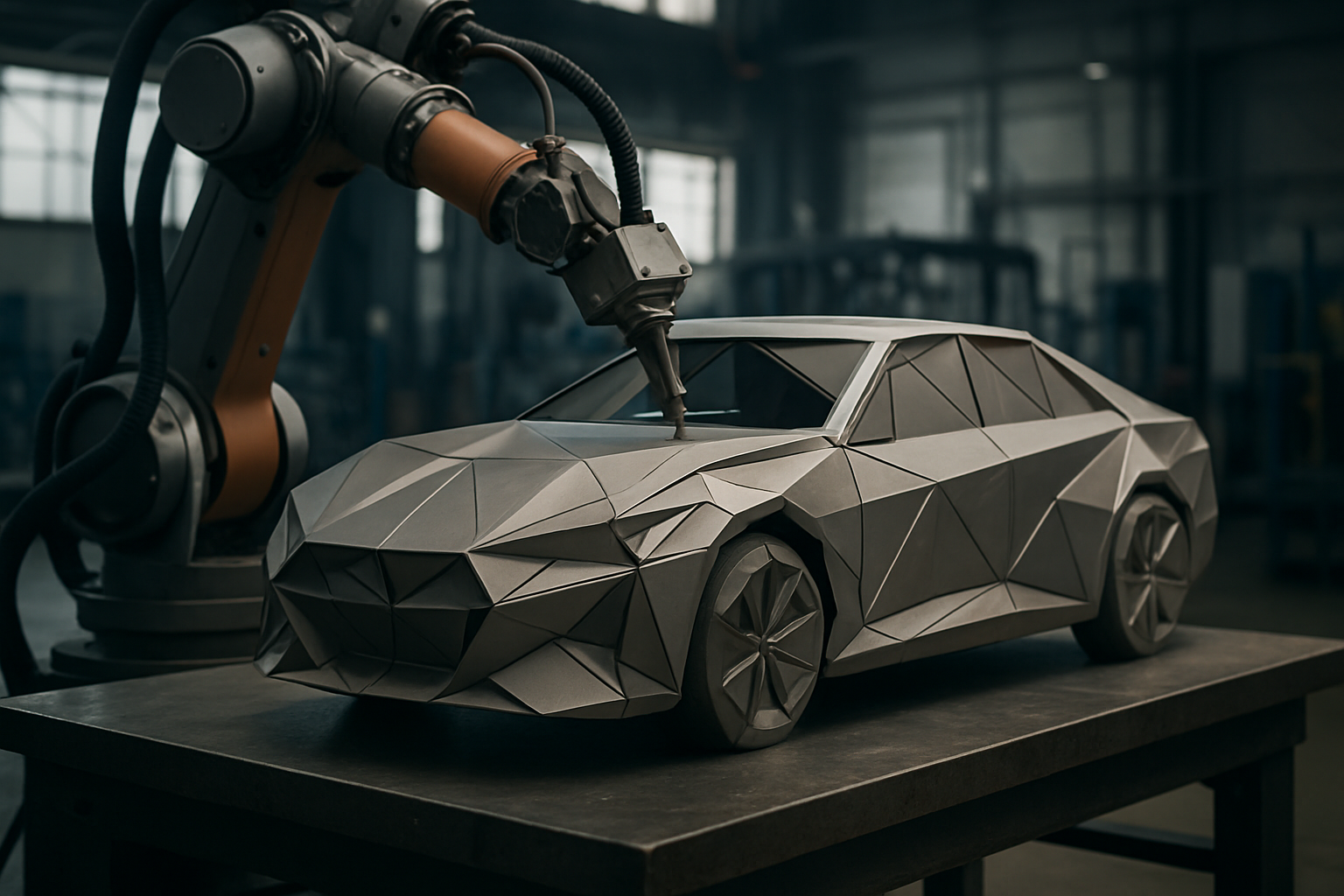Electric Vehicle Jobs: Roles, Skills, and Market Overview
The shift toward electric vehicle employment spans design, production, service, and policy roles across the global automotive sector. This article describes common job types, required skills, and regional differences while making it clear these are general industry insights, not active job listings or guarantees of availability. Use this information to understand typical career paths and employer expectations in the field.

electric vehicle roles and typical responsibilities
Electric vehicle roles range from battery systems designers and software developers to service technicians and product managers. Common responsibilities include battery management and testing, powertrain design, embedded software development, diagnostics, and vehicle integration. Many roles also require cross-disciplinary coordination with suppliers and compliance teams to meet safety and regulatory standards. Employers increasingly look for candidates who can bridge electrical, mechanical, and software domains while documenting design decisions and maintaining traceable test results.
automotive industry context and employment trends
The broader automotive industry has been adapting production lines, supply chains, and business models to accommodate electrification. Employment trends include growth in software, controls, and battery-related roles, a gradual reduction in traditional internal combustion engine machining roles, and an increase in aftermarket electrification services. Job opportunities vary by company strategy — some firms emphasize in-house battery and power electronics development while others focus on system integration and supplier partnerships. Understanding where a company sits on this spectrum helps candidates target relevant skills.
engineering skills sought by employers
Engineering roles in electric vehicles commonly require competencies in electrical systems, power electronics, control theory, embedded software, and systems engineering. Practical experience with simulation tools, model-based design, diagnostic protocols, and hardware-in-the-loop testing is valued. Soft skills such as cross-functional teamwork, version control practices, and technical documentation are also important. Formal degrees in electrical, mechanical, or automotive engineering often help, but demonstrated project experience, internships, and hands-on lab work can be equally persuasive to employers.
manufacturing processes and production roles
Manufacturing jobs in EV production include assembly technicians, process engineers, quality engineers, and automation specialists. Key tasks involve setting up and optimizing assembly lines, validating production processes for battery packs and electric drivetrains, and ensuring quality control through testing and inspection regimes. Familiarity with lean manufacturing, robotics programming, and supplier quality management is useful. Safety procedures for handling high-voltage components and compliant disposal of battery materials are essential considerations in production environments.
japan market characteristics and regional opportunities
Japan has a significant automotive industry legacy and evolving investment in electric mobility, with OEMs, tier suppliers, and startups all contributing to job opportunities. Roles in Japan may emphasize precision manufacturing, hybrid-to-electric transitions, and partnerships with firms focused on power electronics and batteries. Language skills and familiarity with local business practices can be advantageous for some positions, while multinational companies may offer English-language roles. Regional clustering of supply chains means opportunities often concentrate around established manufacturing hubs rather than being evenly distributed.
career pathways, hiring considerations, and listing disclaimer
Typical career pathways move from technician or junior engineer roles into specialized engineering, systems integration, or program management positions. Certifications, targeted training in battery safety or software development, and hands-on projects can accelerate progress. When researching roles, note that descriptions here are summary insights into common positions and hiring preferences; they are not active job listings or offers. Salaries, openings, and employer requirements vary by location and over time, so verify current opportunities directly with employers or reputable job platforms.
Conclusion
Electric vehicle employment covers a wide range of functions from engineering and software to manufacturing and quality assurance, and employers increasingly prize interdisciplinary skills. Geographic markets, such as Japan, reflect local strengths in manufacturing and precision engineering. The information provided is intended to clarify typical roles and expectations in the electric vehicle sector rather than to list current vacancies or guarantees of employment.






